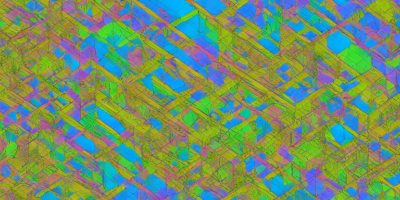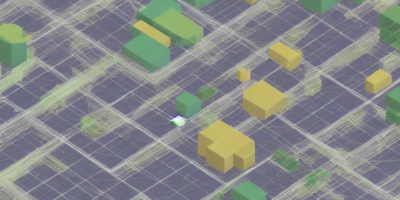In this paper, we explore the relationship between rank and communication complexity in computational complexity theory. Specifically, we delve into the log-rank conjecture, which proposes that the logarithm of the rank of a matrix is upper bounded by its communication complexity. Our goal is to comprehensively examine this conjecture and establish new reductions that refine its implications.
Rank vs. Communication Complexity
The fundamental idea behind the log-rank conjecture is that matrices with higher ranks necessitate more complex communication protocols to convey their information. Essentially, as the rank of a matrix increases, so does the number of bits required to describe its structure. This observation lies at the core of the log-rank conjecture, which posits that the logarithm of the rank of a matrix is upper bounded by its communication complexity.
New Reductions and Equivalent Formulations
To further our understanding of the log-rank conjecture, we present novel reductions that facilitate its application to various settings. By exploiting these reductions, we demonstrate that the conjecture holds for a broader range of matrices, including those with non-trivial structure. Additionally, we introduce equivalent formulations of the conjecture, which provide fresh perspectives on this fundamental problem in computational complexity theory.
Conclusion
In conclusion, our work sheds light on the intricate relationship between rank and communication complexity in computational complexity theory. By delving into the log-rank conjecture and presenting novel reductions and equivalent formulations, we uncover new insights that refine our understanding of this fundamental problem. Our findings contribute to the ongoing effort to demystify complex concepts in this field and pave the way for future research.



